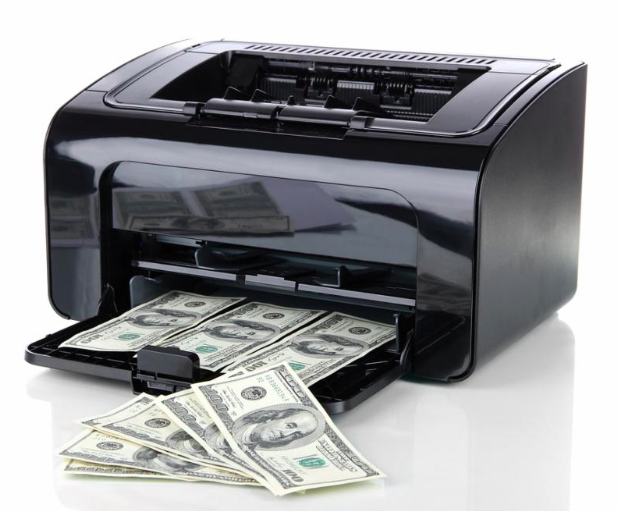Politics
CONSCIOUSLY LIBERAL | AN OSTENSIBLY INFINITE SHOPPING LIST
|
If I told you that there are no constraints on federal government spending, you’d probably think I’m a radical deficit hawk and thus fiscally irresponsible beyond conventional liberal economics. Even Paul Krugman, the personification of liberal economics, doesn’t take it that far and assumes that adequate revenue is necessary for a proper budget (i.e. since borrowing costs are low, the government should run an affordable deficit and spend to offset the lack of private investment). Moreover, the spectrum of the national dialogue on public spending is limited between those who believe that deficit spending and the resulting higher quantity of money in the money supply would cause dangerous levels of inflation, and others (as evidenced by Krugman’s position) who believe that deficit spending can be responsible as long as borrowing is cheap and eventually financed by proper levels of taxation. Yet, Modern Monetary Theory (“MMT”) insists that the fiscal policy positions within that spectrum are all assuming an unnecessary constraint in public spending. In a soon-to-be published paper, Cornell Law School professors Robert Hockett and Saule Omarova undermine the notion of capital being mostly private, hard to come by, and flight-prone, and advance the fact that capital is mostly publicly supplied and “indefinitely extensible[.]”[1] One implication regards the relationship of banks with the economy and the central reserve (a discussion we will bookmark for my next post), but another is that the US can continuously borrow and never go bankrupt.
